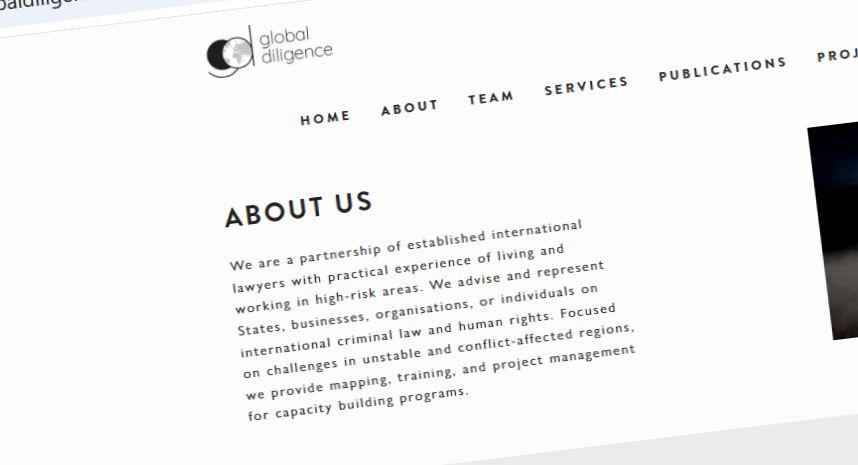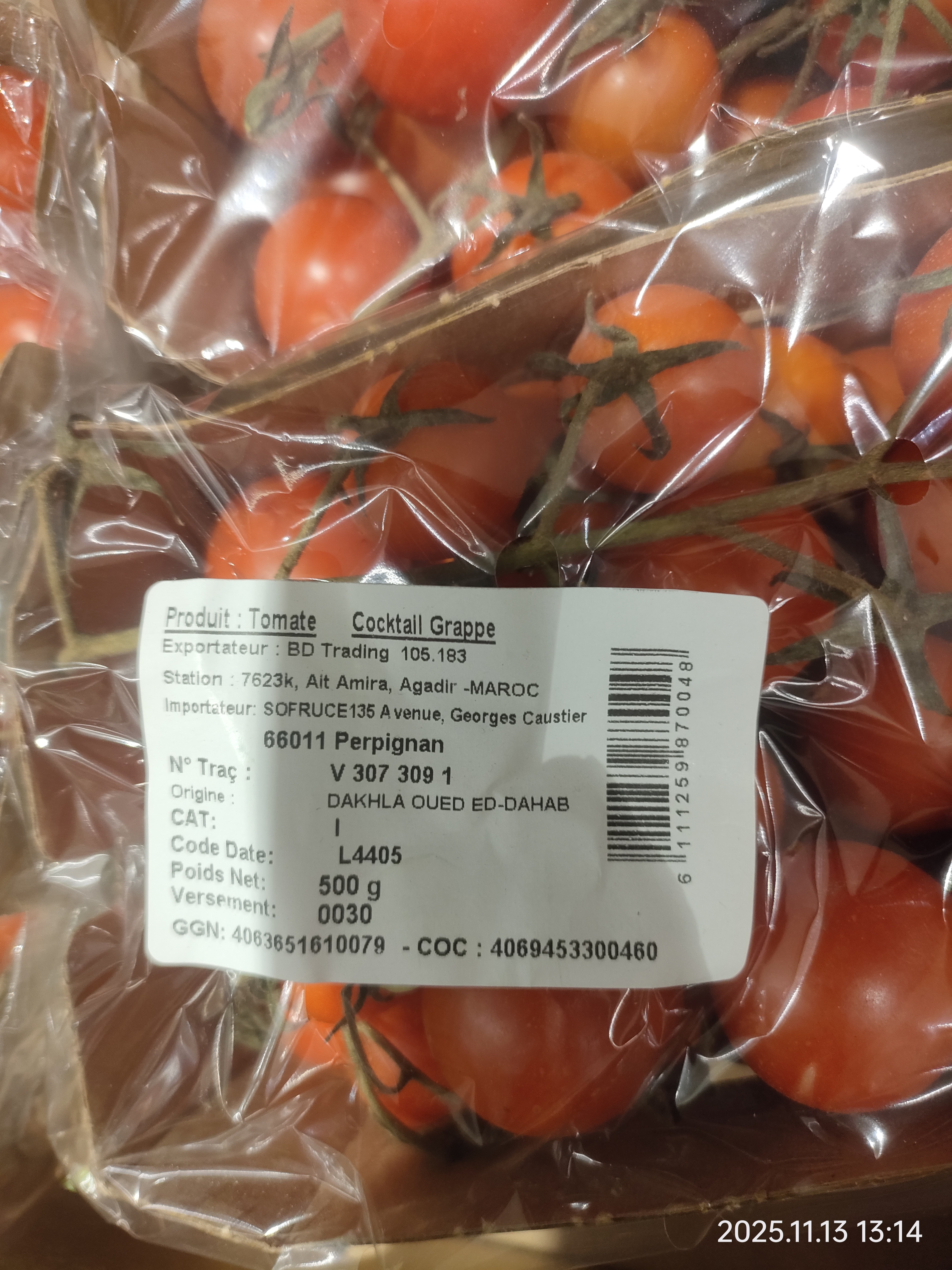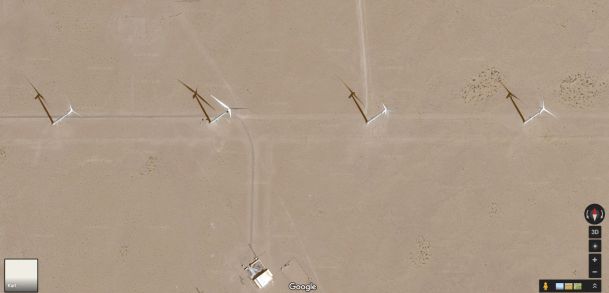
The controversial assessment that Global Diligence did on occupied Western Sahara for a project that will employ thousands of Moroccan settlers need to be released by French company Engie, WSRW demands in a letter.
Picture: Engie's project will produce water for the purpose of boosting the agricultural production in occupied Western Sahara, which will in turn lead to further settling of Moroccan migrants in the occupied territory. Illustration from the Environmental Impact Assessment.
Western Sahara Resource Watch (WSRW) published on 29 September a document that so far had not been in the public domain: an environmental study that had been commissioned as a basis for Engie's project plans in occupied Western Sahara.
The document reveals how the project will involve employing settlers in the territory. The Fourth Geneva Convention is clear that an occupying power cannot move its own population into the territory that it holds under occupation. Yet this is seemingly what Engie is facilitating in occupied Western Sahara.
The poor quality of the document in terms of basic geography, topped off by the disregard for the fundamental tenets of international law, illustrates the urgent need for Engie to release the other documents they've cited in support of their operation: two legal analyses and a document drafted by Global Diligence on the back of a “consultation” exercise.
The demand to immediately publish the confidential documents was presented in a letter to Engie today.
Further pointing to the necessity of releasing these documents for public scrutiny, is Engie's most recent short reply to WSRW, which - again - indicates the firm's fundamental misunderstanding of the legal framework governing Western Sahara.
While knowingly entering into a contract with the Moroccan government for a project in a territory over which Morocco has no sovereignty or administering mandate, that furthermore aims to boost the same agricultural sector in Dakhla that has been barred from exports to the EU by the EU Court of Justice (CJEU), Engie states that “it is not ENGIE’s role to take political position".
“Would Engie operate in Donetsk, refer to it as part of Russia, and qualify its involvement and position as non-political?”, WSRW asked Engie in today's letter.
Engie also states that it “takes very seriously its role to ensure that at the operational level our activities do not infringe on the rights of the local stakeholders” - which makes no sense in a context of military occupation where settlers outnumber the actual people with the sovereign rights to the land and its resources. Yet even in this context, Engie argues with a consultation of “local stakeholders”, including “local populations”, in defense of its operation.
“A consultation of “local populations” in a case where the consent of the people is legally required, points to a fundamental misinterpretation of the situation in which Engie has decided to become involved”, WSRW wrote today to the company.
Since 2021, WSRW has called on Engie to publish the consultation and the alleged legal analyses, but the company does not respond to the question. WSRW has also asked Global Diligence whether it will release the stakeholder consultation, which is in the interest of the Saharawi people to see for themselves. Global Diligence has not responded on that point.
Western Sahara Resource Watch and the French association APSO wrote to Engie on 11.01.2019 and on 09.12.2020. Engie responded on 13.04.2021. WSRW sent a new letter to Engie on 17.05.2021 and 22.05.2023 and 22.09.2023. Engie wrote WSRW on 28.09.2023, but the company failed to answer all questions asked.
Since you're here....
WSRW’s work is being read and used more than ever. We work totally independently and to a large extent voluntarily. Our work takes time, dedication and diligence. But we do it because we believe it matters – and we hope you do too. We look for more monthly donors to support our work. If you'd like to contribute to our work – 3€, 5€, 8€ monthly… what you can spare – the future of WSRW would be much more secure. You can set up a monthly donation to WSRW quickly here.
Global Diligence defends operations on occupied land
The legal advisory firm Global Diligence, which presents itself as expert on ‘heightened due diligence’, misrepresents international law in occupied Western Sahara.
EU’s labelling chaos already hitting supermarkets
A packet of cherry tomatoes sold this week in a French supermarket illustrates the confusion triggered by the European Commission’s rushed attempt to adapt EU consumer and trade rules to Morocco’s claims over occupied Western Sahara.
German trade fair should stop promoting Azura, groups say
German and Irish law organisations demand that Messe Berlin ceases to accept the controversial French tomato producer Azura.
WSRW asks French ENGIE about business ethics
The French multinational ENGIE operates in occupied Western Sahara. WSRW today wrote the company, asking how they consider the legal-ethical aspects of such operations.



